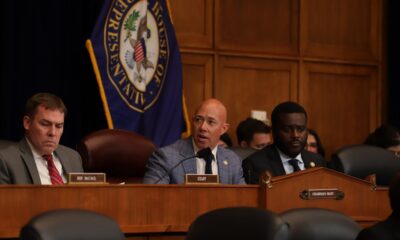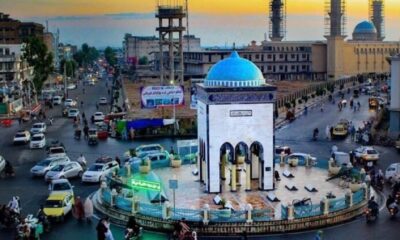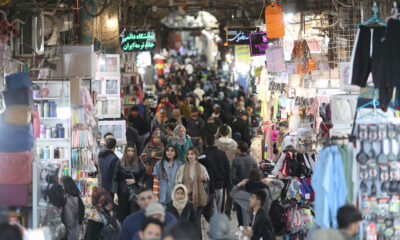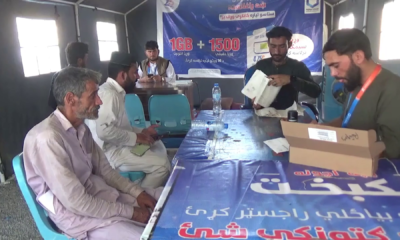Latest News
1402: Afghanistan fails to gain international recognition

The Islamic Emirate of Afghanistan (IEA) spent this past solar year – 1402 – trying to gain international recognition and take up its seat in the United Nations.
Due to certain policies, and restrictions against Afghan women and girls, the international community has not only imposed sanctions on the government but has also worked to isolate the IEA.
Western consensus has been that the IEA needs to revise some policies including those relating to human and women’s rights.
But in addition to these problems, the Islamic Emirate made progress in diplomatic relations with some countries in 1402 – China being the first to send an official ambassador to Kabul. In turn, Beijing followed suit by welcoming the IEA’s ambassador.
Some Afghan embassies, however, that are still run by diplomats appointed by the previous government, slowly started forging ties with the IEA – including the Netherlands and Spain.
Over the past year, diplomats aligned with the Islamic Emirate also took control of the Afghan embassy and consulates in India.
In 1402, Turkmenistan removed the name of the Islamic Emirate from the list of sanctions and terrorist groups in that country.
In the meantime, Iran, Afghanistan’s western neighbor, became embroiled in a spat with the IEA over the issue of water rights from the Helmand River.
Relations with Pakistan also soured somewhat, as Islamabad has accused the IEA of letting Tehreek-e-Taliban (TTP) hideout in the country.
These tensions came to a head when Islamabad implemented the process of forced deportation of more than one million Afghan immigrants.
But analysts believe that the neighboring countries and the region have not been able to agree on a specific policy for interaction with the Islamic Emirate.
According to them, the realization of this agreement requires the implementation of conditions set by these countries and the international community, including the formation of an inclusive government, and respect for the rights of women and girls; and ethnic and religious minorities by the Islamic Emirate.
This year, the IEA’s cabinet remained a caretaker government, although dozens of former former government officials and politicians continued to return home.
However, the Islamic Emirate considers the year 1402 as full of achievements and emphasizes that in this year, progress has been made in all fields, especially in terms of expanding relations with other countries.
However, the spokesman of the Islamic Emirate considers the lack of global legitimacy to be driven by a few countries – countries which influence the UN.
The Islamic Emirate currently has 38 active diplomatic missions in countries. In addition, Azerbaijan recently said it wants to open an embassy in Kabul.
Experts say however, 1403 will be a telling year, in terms of whether the IEA is recognized as the legitimate government or not.
Latest News
US House panel approves bill to prevent aid falling into IEA’s hands
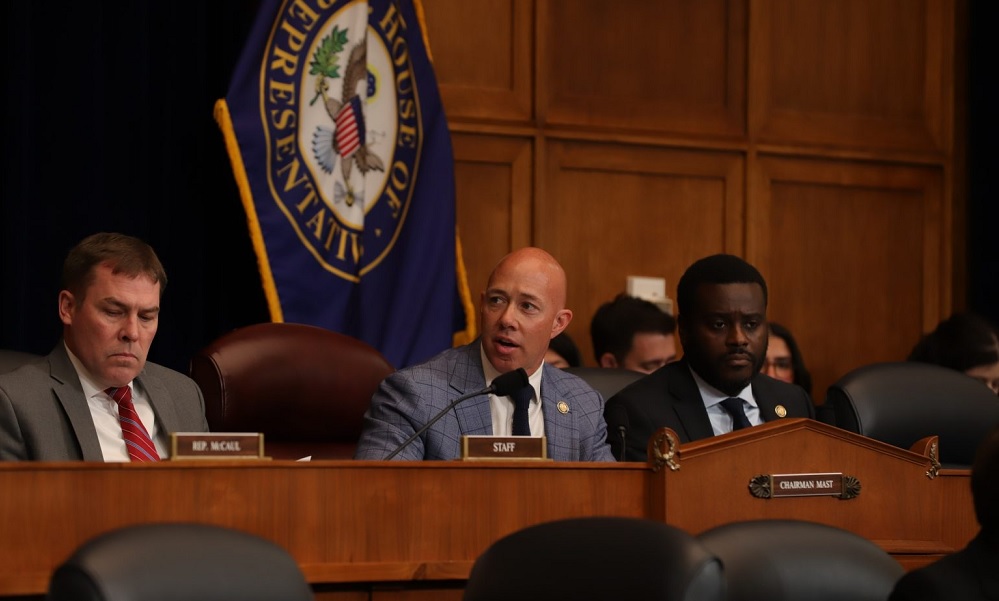
The US House Foreign Affairs Committee voted on Wednesday in favor of a bill to prevent American aid falling into the hands of the Islamic Emirate of Afghanistan (IEA).
This issue has been a key focus for House Republicans since last Congress when lawmakers were made aware that weekly cash shipments of $40 million were being sent to Afghanistan’s IEA-controlled central bank.
Additionally, the Special Inspector General for Afghanistan Reconstruction reported in May 2024 that more than $10 million had been paid to the IEA in the form of taxes since they regained power in Afghanistan in August 2021.
“The United States has sent over $5 billion in cash to Kabul,” said Rep. Tim Burchett who sponsored the bill. “This money has been taxed and stolen by the Taliban (IEA), yet we continue to send it oddly enough. That definitely needs to end. The State Department needs to ensure that that any aid, whether financial or material, does not go to terrorists in Afghanistan. We need to have a clear understanding of the influence the Taliban has on, not just international aid, but the Afghan banking system as well.”
House Foreign Affairs Committee Chairman Brian Mast said: “This bill requires the Department of State to develop and implement a strategy to discourage foreign countries and non-government organizations, NGOs, from providing financial and material support to the Taliban (IEA). That’s important for the United States of America. We don’t have an embassy there. We don’t have diplomatic relations with the Taliban (IEA) – they are a terrorist organization.”
He added: “This includes by using U.S.-provided foreign assistance to discourage countries and organizations from providing support to the Taliban (IEA). We don’t want American tax dollars, in any way, shape or form, going to the Taliban (IEA).”
The bill, which has 23 co-sponsors, advanced to the House floor.
The Islamic Emirate has previously rejected claims of interference in international assistance to Afghanistan.
Latest News
Blast at Kandahar police HQ leaves several injured
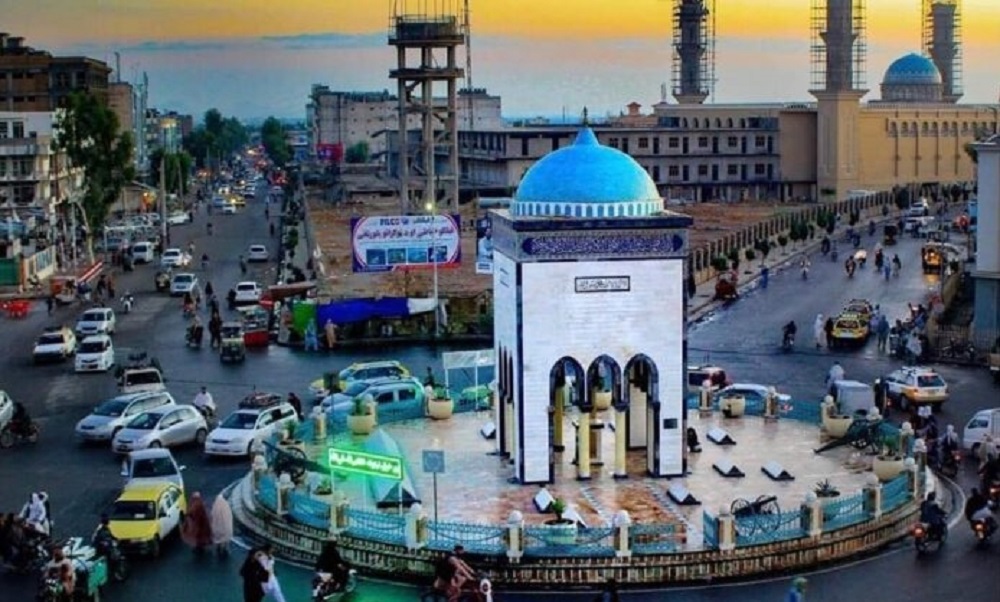
An explosion occurred at police headquarters in Afghanistan’s southern Kandahar province on Thursday morning, injuring several guards, local officials said.
Asadullah Jamshid, spokesman for Kandahar police, said on X that the blast was triggered by container-loaded old ammunitions belonging to the counter-narcotics department.
He said that several guards were injured and windows of several rooms were broken as a result of the explosion.
Jamshid said security forces and firefighters rushed to the scene to prevent further explosions.
Latest News
AWCC distributes free SIM cards to returning refugees from Pakistan
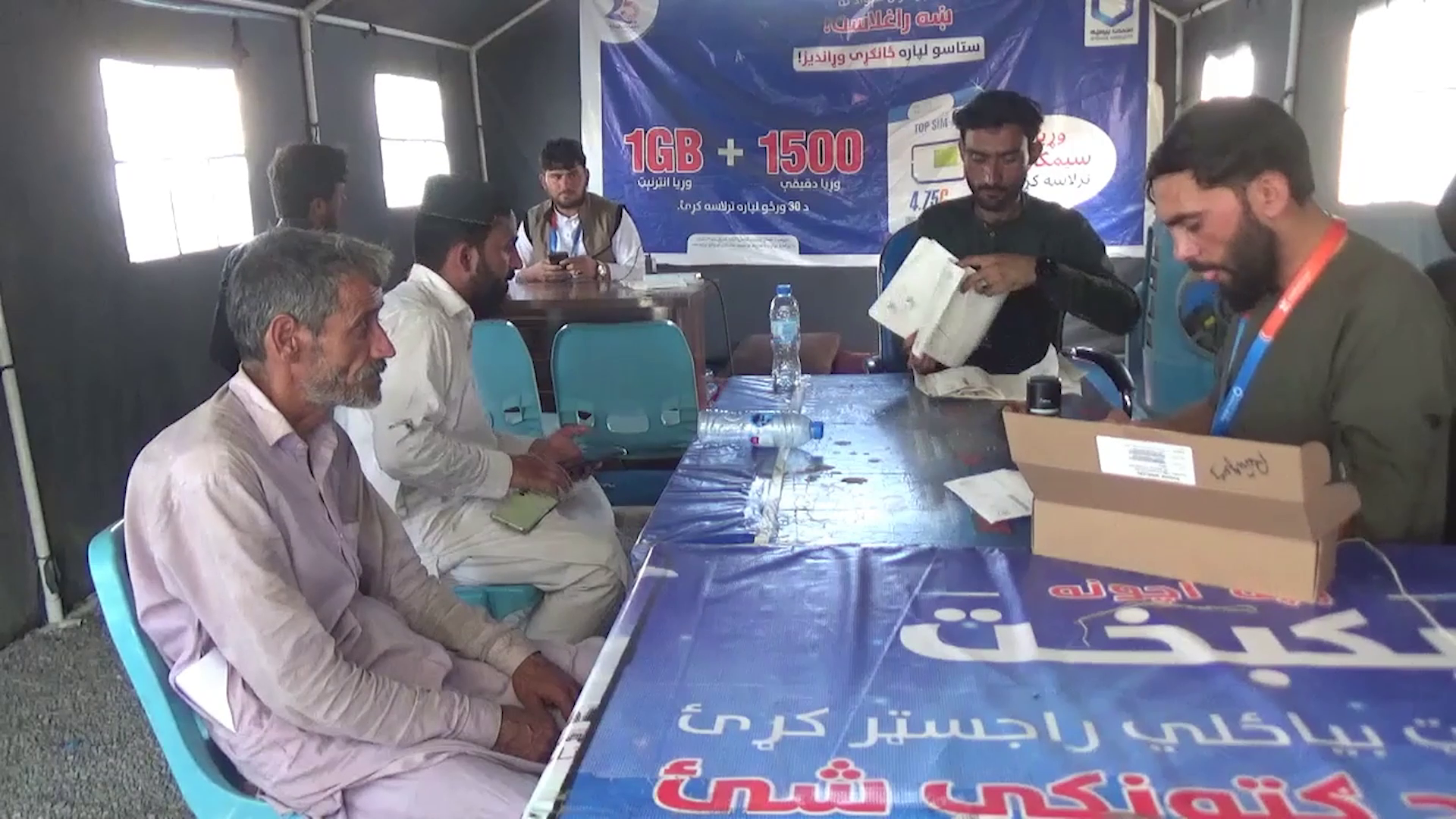
Following the intensification of the deportation process of refugees from Pakistan, Afghan Wireless Communication Company (AWCC) has started distributing free mobile phone SIM cards to returnees, in addition to providing telecommunications and internet services.
AWCC officials said they are also offering free voice calls and internet packages for the migrants.
“We are distributing SIM cards to the migrants being deported from Pakistan,” said Ibrarullah Zahir, the Sales Manager of AWCC in the eastern zone.
The company’s officials emphasized that they are offering these free telecommunications and internet services to returnees as part of the company’s social responsibility initiatives.
Meanwhile, local authorities in Nangarhar called on all telecom networks to provide 24-hour services to returnees.
Zabihullah Zaki, the head of the Telecommunications and Information Technology Department in Nangarhar, said they are monitoring the situation of the migrants and added that telecommunications companies are cooperating in this regard.
Attaullah Sahil, head of AWCC in the eastern zone, said the company’s teams are available 24/7 to provide services to returning migrants in the area.
Meanwhile, returnees have welcomed AWCC’s initiative of distributing SIM cards to them and for other free services.
Pakistan has this month ramped up its campaign to deport hundreds of thousands of Afghan refugees, many of whom have lived in that country for decades.
Return refugees have, however, reported that Afghans in Pakistan are facing increasing harassment and the confiscation of their belongings by Pakistani authorities.
-
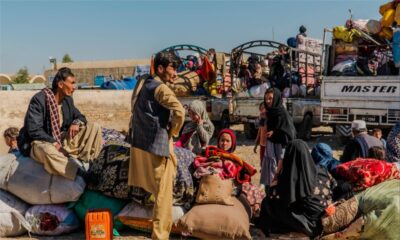
 Latest News4 days ago
Latest News4 days agoUN rights experts call on Pakistan to stop removal process of Afghan refugees
-

 Science & Technology4 days ago
Science & Technology4 days agoMeta releases new AI model Llama 4
-
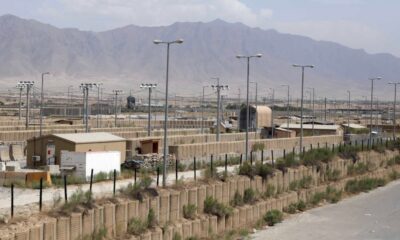
 Latest News3 days ago
Latest News3 days agoIEA rejects reports of US military planes landing at Afghanistan’s Bagram Air Base
-
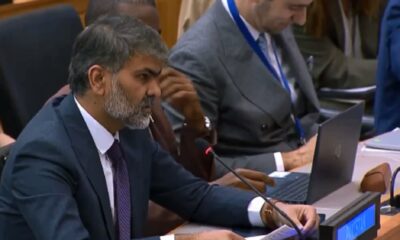
 Latest News5 days ago
Latest News5 days agoPakistan urges global community to block arms flow to militant groups in Afghanistan
-

 Sport4 days ago
Sport4 days agoAfghanistan Under-19s beat Nepal by 1 run in second ODI, win series
-

 World4 days ago
World4 days agoAnti-Trump protesters gather in Washington, other US cities
-
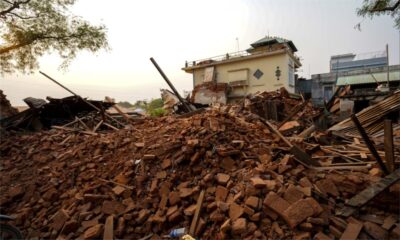
 Regional4 days ago
Regional4 days agoRains add to challenge for Myanmar quake relief, toll at 3,471
-
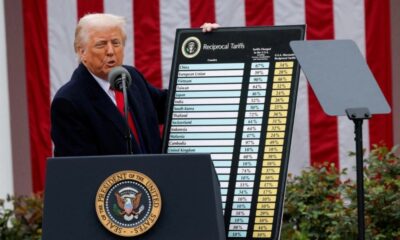
 Latest News3 days ago
Latest News3 days agoTrump’s tariff pressure on Afghanistan ‘will impact economic growth’


